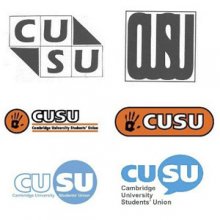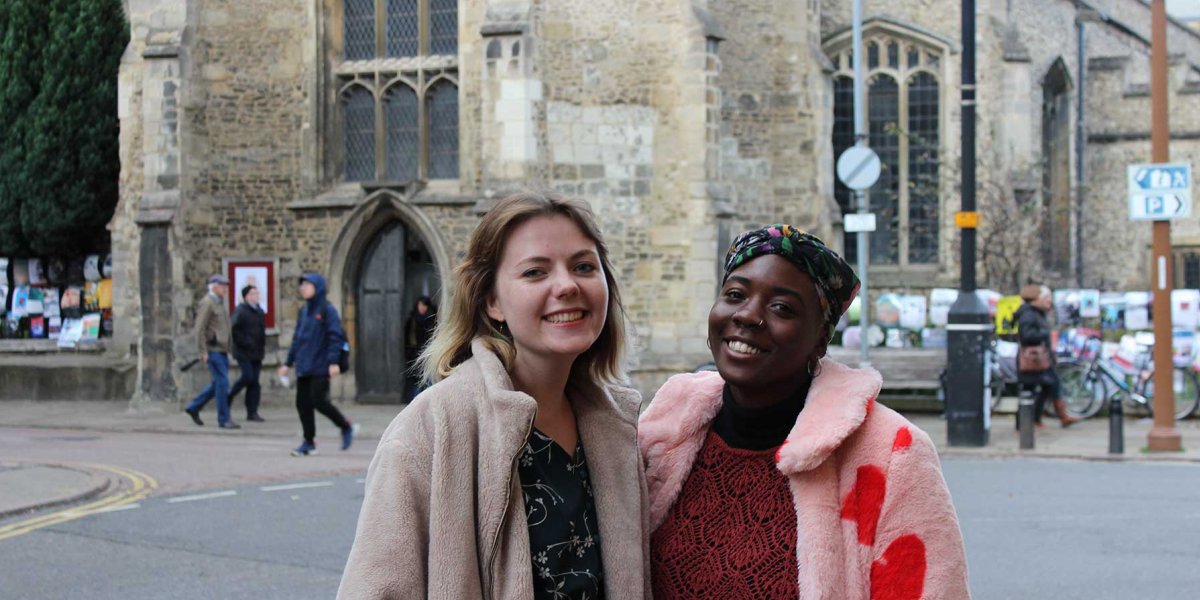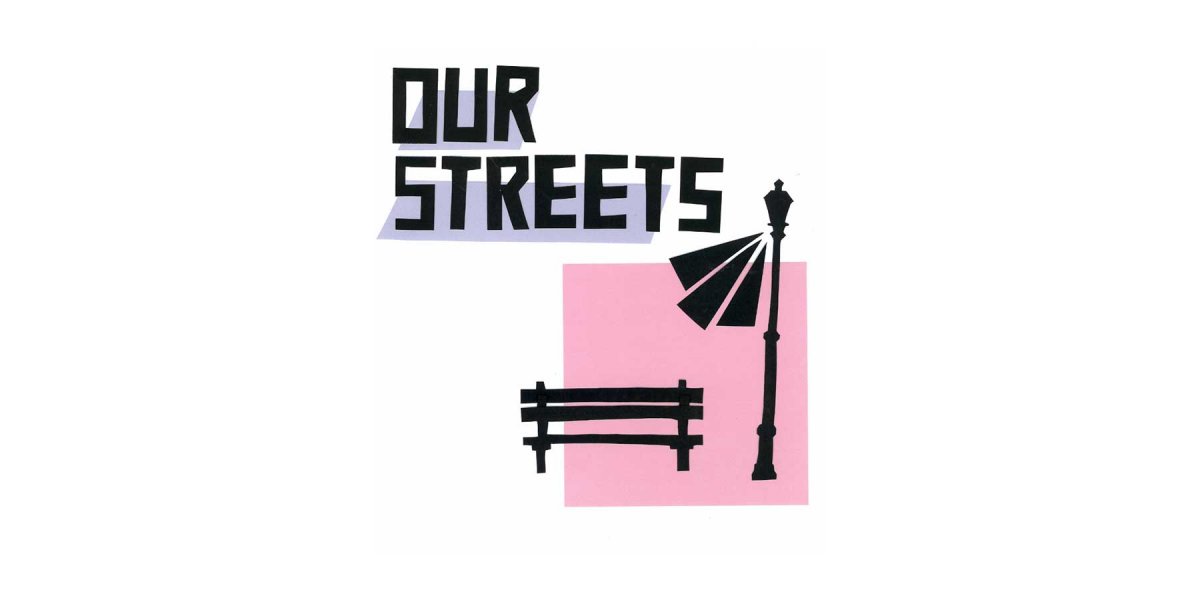Our Streets: a crowd-sourced psychogeographical map of Cambridge
Add your memories to Our Streets, a project led by CUSU sabbatical officers Christine Pungong and Claire Sosienski Smith to record the history of women and non-binary students.
Cambridge University Students' Union (CUSU) sabbatical officers Christine Pungong (Newnham, History of Art) and Claire Sosienski Smith (Selwyn, English) talked to us about the project and how alumni can get involved.
Tell us about Our Streets - what is it?
"A few months ago we got the idea to create a map. Not just a regular map but one that tries to encapsulate what it’s like to be a woman and non-binary student at this University, both historically and presently. As Welfare and Rights Officer [Christine] and Women's Officer [Claire], it's our job to listen to and advocate for students. Part of how we do this is providing spaces where women and non-binary students can feel comfortable sharing their experiences, such as the Women’s Campaign Forum, reading groups and creative workshops.
"Physical space is not neutral; all spaces are coded and speak to certain bodily experiences, emotions and feelings. We were inspired to create something that recognised the importance physical space has in creating (or deterring) a sense of community, happiness and autonomy, and that captures where women at Cambridge past and present have organised and found safety and solidarity. That's why we decided to make a psychogeographical map that visualises and geo-locates feminist histories, memories, friendships and experiences in relation to physical space.
"This mapping project, which we've named ‘Our Streets,’ aims to serve as a reminder that even despite the challenges that women may face while they are here, Cambridge can still be a place for friendship, feminist work, community and joy."
What would alumni involvement bring to it?
"It's so important to us that this project is retrospective – we want it to be able to reach back and see both what has changed and what has persisted in Cambridge through time. As sabbatical officers, we're part of, and witness to, a lot of exciting change and political work. We thought it was important to have some sort of institutional memory to capture this moment in time. That made us keen for this map to be a legacy document, creating a timeline that links what women and non-binary students at Cambridge have done historically with what is being done now."
How can alumni participate?
"We would like for women and non-binary alumni to contribute to the map by pin-pointing places in Cambridge that they feel are imbued with particular emotional significance by filling in our short questionnaire at www.surveymonkey.co.uk/r/ourstreetscambridge.
"The places don't have to be inherently feminist (in fact they most likely won’t be), but they should have an important memory attached to them. Through mapping out these sites, we're hoping to create a map that truly represents the history of feminist organising and community within Cambridge and presents alternative narratives and histories."
What will happen next?
"After the survey closes on 31 December 2018, we’ll be running a number of reading groups, archival workshop and an exhibition that will allow students to engage with the project and their College’s feminist histories, and to create and exhibit their own work as it relates to the theme, before launching the map itself at the end of the 2018-19 academic year."

About CUSU
CUSU is the university-wide representative body for students at the University, made up of College student unions (AKA JCRs and MCRs). It is led by six annually-elected sabbatical officers who have all studied here.
Cambridge Students' Union was founded in 1971 to represent students attending the University, undergraduates at the then Cambridgeshire College of Arts and Technology (now Anglia Ruskin University) and students at Homerton College, then a separate teacher training college. It was renamed Cambridge University Students' Union (CUSU) in March 1985 following a student referendum.
It was preceded by University-wide groups such as Cambridge NUS (CAMNUS), which was founded in 1964 by Gordon Heald, John Bibby and others. CAMNUS arranged certain University-wide student facilities, such as CAMNUS Coaches - an end-of-term bus service to all parts of the country - and an inter-collegiate mail service.

